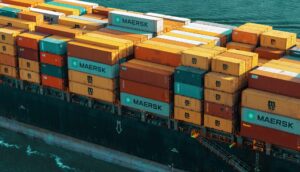
Maritime Technologies
Maritime technologies are rapidly evolving, transforming the way goods are transported across the world’s oceans. From autonomous vessels to blockchain-based supply chain solutions, innovation is driving efficiency, safety, and sustainability in maritime shipping.
Maritime technologies encompass a wide range of innovations designed to enhance the efficiency, safety, and sustainability of shipping operations. These technologies leverage advanced sensors, automation, and digitalization to optimize vessel performance, streamline logistics processes, and reduce environmental impact.
Autonomous Vessels:
Autonomous or unmanned vessels represent the cutting edge of maritime technology, promising to revolutionize the shipping industry by eliminating the need for onboard crew and reducing operating costs. These vessels utilize sophisticated sensors, artificial intelligence, and remote control systems to navigate the seas safely and efficiently, opening up new possibilities for unmanned cargo transport, offshore exploration, and maritime surveillance.
Maritime technologies are driving innovation and transformation in the shipping industry, offering opportunities to enhance efficiency, safety, and sustainability across the entire supply chain. As technology continues to advance, businesses and stakeholders must embrace these innovations to stay competitive, adapt to evolving market trends, and navigate the challenges of a rapidly changing maritime landscape.



Leave a Reply